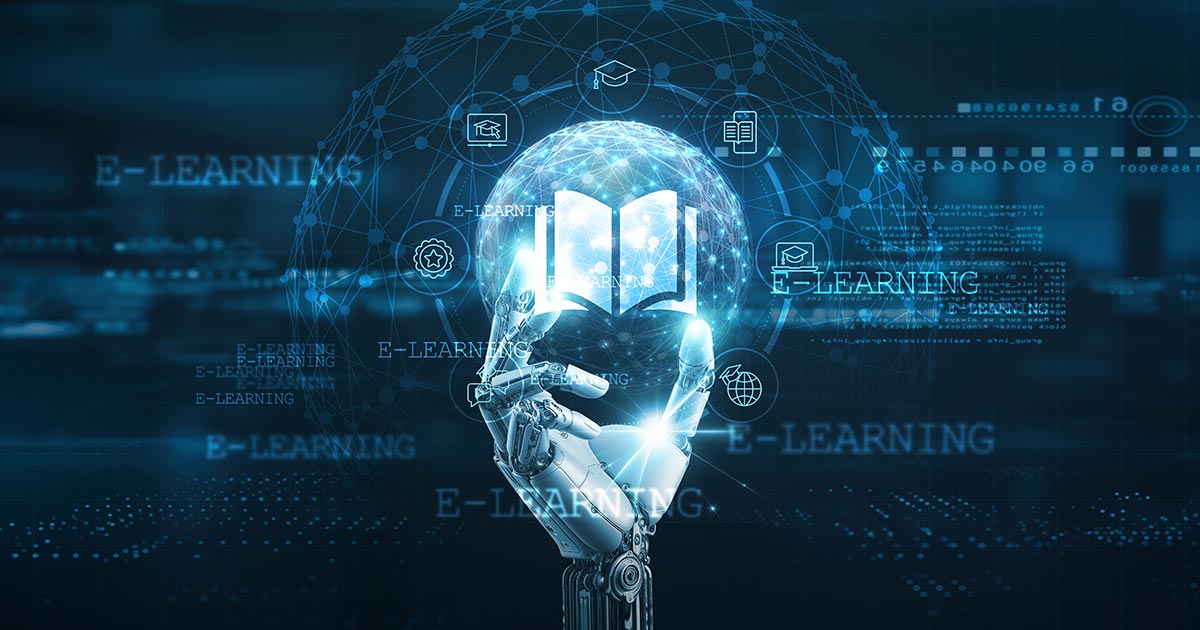In a bold move to harness the potential of emerging technologies, India and Armenia are embarking on a strategic partnership aimed at revolutionizing AI education and research. This collaboration seeks to leverage Armenia's robust tech education legacy alongside India's expansive tech manufacturing capabilities. By doing so, the two nations aim to address pressing workforce upskilling challenges while establishing a scalable model for South-South cooperation in the realm of deep technology.
Leveraging Complementary Strengths
The partnership is poised to capitalize on the complementary strengths of both countries. Armenia, with its rich history in tech education, provides a strong foundation for developing cutting-edge AI curricula. Meanwhile, India's prowess in tech manufacturing offers a pathway to translate educational advancements into tangible technological innovations. This synergy is expected to foster an environment conducive to talent exchange and collaborative research initiatives.
Addressing Workforce Upskilling Challenges
As the global demand for AI expertise continues to surge, both India and Armenia recognize the urgent need to equip their workforces with the necessary skills. By developing a joint AI curriculum, the partnership aims to bridge the skills gap and prepare a new generation of professionals adept in navigating the complexities of AI technologies. This initiative is not only vital for the economic growth of both nations but also serves as a blueprint for other countries seeking to enhance their technological capabilities.
Setting a Precedent for South-South Cooperation
The India-Armenia collaboration represents a significant step forward in promoting South-South partnerships, particularly in the field of emerging technologies. By fostering a cooperative model that emphasizes shared knowledge and resources, the partnership sets a precedent for other nations in the Global South to emulate. This approach is crucial in ensuring that developing countries are not left behind in the rapidly evolving digital landscape.
"This partnership is not just about enhancing AI education; it's about creating a sustainable framework for technological advancement that can be replicated across the Global South," said a spokesperson from the initiative.
While the potential benefits of this collaboration are immense, it also raises critical questions about the implementation and governance of such initiatives. Ensuring equitable access to educational resources and addressing ethical concerns related to AI deployment will be paramount in realizing the full potential of this partnership.
Originally published at https://www.orfonline.org/research/promoting-south-south-partnerships-the-potential-of-india-armenia-collaboration-in-ai-education-and-research
ResearchWize Editorial Insight
The India-Armenia AI education partnership is a pivotal development for students and researchers. It highlights the growing importance of international collaboration in technological education, especially in AI, a field with skyrocketing global demand. By combining Armenia's educational strengths with India's manufacturing capabilities, this partnership could set new standards for curriculum development and skill-building.
For students, this initiative may lead to enhanced learning opportunities, access to cutting-edge curricula, and potential participation in international research projects. Researchers stand to benefit from increased collaboration, resource sharing, and the possibility of joint innovation projects.
This partnership also raises critical questions about the future of AI education. How will it ensure equitable access and address ethical AI deployment? Will it truly serve as a replicable model for other Global South nations? The answers could shape the educational and technological landscapes for years to come.
Looking Ahead
1. Curriculum Overhaul Needed: AI education must evolve from a niche subject to a core component of the academic curriculum. This demands a radical overhaul of existing educational frameworks. Will universities adapt swiftly enough to integrate AI ethics, machine learning, and data science as foundational courses?
2. Teacher Training Revolution: Teachers and educators must be upskilled to navigate the AI landscape effectively. Without a robust training program, how can we expect educators to guide the next generation? Institutions need to invest in continuous professional development to keep pace with technological advancements.
3. Ethical Guidelines in Focus: As AI becomes more embedded in educational systems, the ethical implications cannot be ignored. How do we ensure that AI tools used in classrooms respect privacy and promote fairness? Regulatory bodies must establish clear guidelines and enforce compliance to prevent misuse.
4. Public-Private Partnerships: Collaboration between educational institutions and tech companies can accelerate AI learning. However, this raises the question: Are we prepared to balance corporate interests with educational integrity? Transparent partnerships with well-defined objectives are essential to avoid conflicts of interest.
5. Global Standards and Recognition: With initiatives like the India-Armenia collaboration setting the stage, global recognition of AI credentials is crucial. Will international educational bodies standardize AI certifications to ensure cross-border acceptance? A unified approach is necessary to facilitate global mobility for AI professionals.
6. Inclusivity and Accessibility: AI education must be accessible to all, not just the privileged few. How do we create inclusive learning environments that cater to diverse socioeconomic backgrounds? Investments in digital infrastructure and affordable learning resources are critical to bridging this gap.
7. Lifelong Learning Paradigm: AI education cannot be a one-time endeavor. As technology evolves, so must our understanding. Are educational systems ready to embrace a lifelong learning model that supports continuous skill enhancement? Flexibility in learning pathways will be key to adapting to this new reality.
Related Articles
- Students Are Using AI Already. Here’s What They Think Adults Should Know
- UM Joins International Collective to Advance AI in Education, Research
- Introducing Claude for Education
📌 Take the Next Step with ResearchWize
Want to supercharge your studying with AI? Install the ResearchWize browser extension today and unlock powerful tools for summaries, citations, and research organization.
Not sure yet? Learn more about how ResearchWize helps students succeed.

